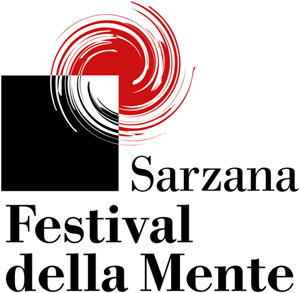2011 Programme
Evento n.18
Vittorio Gregotti
City, metropolis and urban design
According to many disciplines, discussing the crisis of the city or the post-metropolis phenomenon means to try and describe their condition of permanent transition. Are we seeing the triumph of globalized and neo-colonial financial capitalism, of non-material communications, and of time over space? Or can we imagine a spatial order starting from a critique of the existing state of things, that could make possible a new civic approach to urban design? It is perhaps possible to think that the current acceleration can overcome its hypnotic capacity and turn into a new normality—into materials that can answer questions of meaning and propose new forms of urban architecture inspired by common interests.Molte discipline affermano che parlare dello stato di crisi della città o del fenomeno delle postmetropoli significhi cercare di descriverne la condizione di transizione permanente. Si tratta quindi del trionfo del pensiero del capitalismo finanziario, globalizzato e neocoloniale, delle comunicazioni immateriali e del trionfo del tempo sullo spazio da cui è necessario dipendere? Oppure è pensabile un ordine spaziale, partendo da una critica allo stato delle cose, che renda possibile una nuova concezione civile del disegno urbano? Forse è possibile pensare che le accelerazioni con cui ci confrontiamo possano superare la loro attuale capacità ipnotica, trasformandosi in nuova normalità, cioè in materiali disponibili a rispondere a interrogativi di senso, in grado di proporre nuove forme di un’architettura urbana dell’interesse collettivo.
born in 1927, is a well-known Italian architect. In 1974 he founded Gregotti Associates, of which he is the current president. He has been professor of architecture at Venice, Milan and Palermo universities, and visiting professor at the universities of Tokyo, Buenos Aires, Sao Paulo, Lausanne, Harvard, Philadelphia, Princeton, Cambridge and at the M.I.T. Between 1974 and 1976, Gregotti was head of the visual arts and architecture section of the Venice Biennale. He is a member of the Academies of San Luca and of Brera, and has received honorary degrees from the Prague, Bucharest and Porto polytechnics. He is a member of the League of German Architects and of the American Institute of Architects. He has been editor in chief of Casabella, Edilizia Moderna, and Rassegna, and is a frequent contributor to Corriere della Sera and la Repubblica. His books include: Contro la fine dell’architettura (2008), Tre forme di architettura mancata (2010), Architettura e postmetropoli (2011), all published by Einaudi; also, Incertezze e simulazioni (Skira, 2011).
Evento n.6
Zygmunt Bauman
Reflections on the notions of community and network, on social networks and Facebook

Evento n.14
Gian Carlo Calza
Different, eccentric, extraordinary: aesthetics and creativity between Asia and the West

Evento n.26
Franco Borgogno
In other people’s hearts and minds. A psychoanalyst between tradition and creativity

Evento n.37
Sonia Bergamasco, Fabrizio Gifuni
A quiet sunny day. Attilio Bertolucci and Pier Paolo Pasolini, a friendship in verse






















